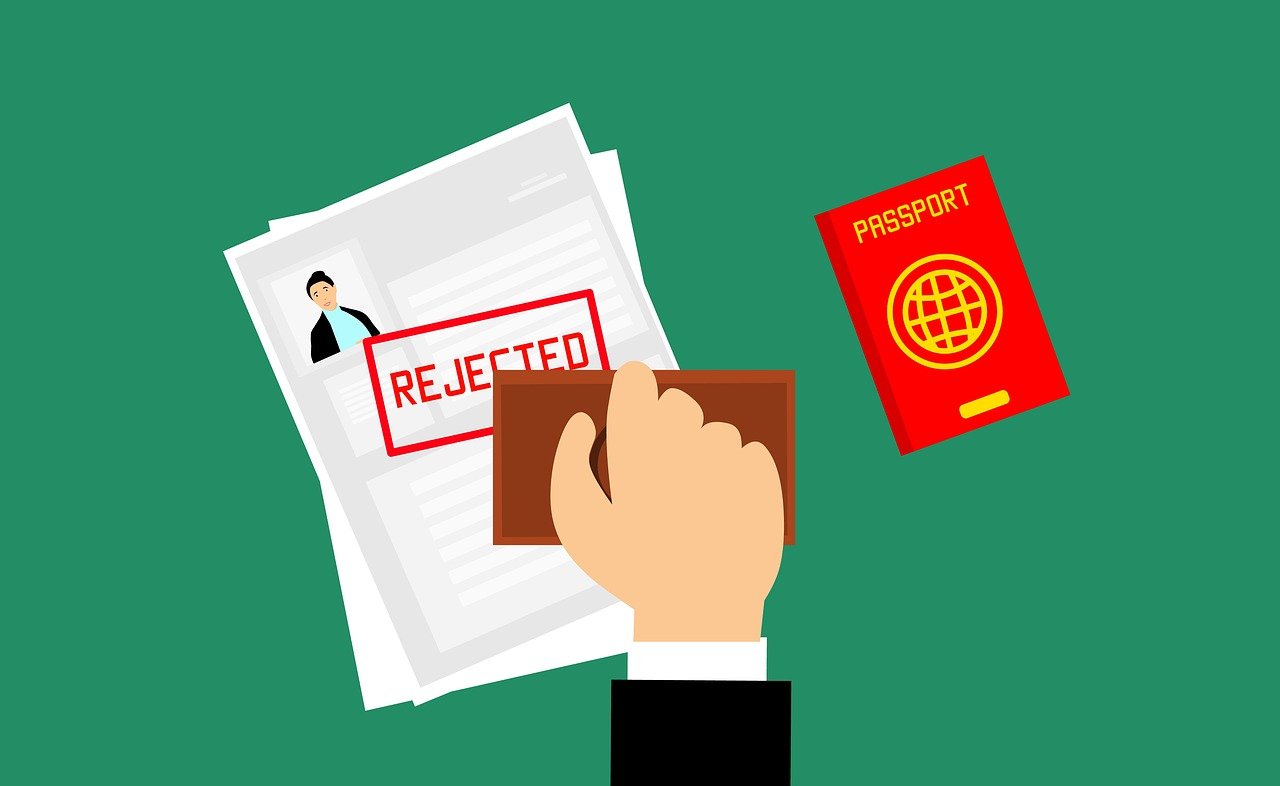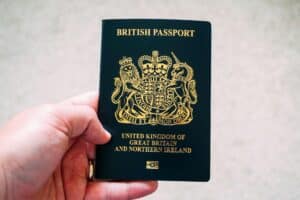Crafting a CV to Secure Visa Sponsorship: A Comprehensive Guide
In the global job market, obtaining visa sponsorship can be a challenging yet rewarding process. For international job seekers, the curriculum vitae (CV) serves as a crucial tool to showcase skills, experiences, and qualifications that make them ideal candidates for sponsorship. This essay provides a detailed guide on crafting an effective CV to increase the likelihood of securing visa sponsorship.
Understanding Visa Sponsorship
Visa sponsorship involves an employer taking responsibility for a foreign national’s legal right to work in their country. This process typically requires demonstrating that the candidate has unique skills or qualifications that are not readily available in the local job market. Therefore, a well-crafted CV must emphasize these unique attributes to convince potential employers.
Structuring Your CV
Contact Information
- Header: Begin with your full name, professional title, and contact details. Ensure that your email address is professional, and include your phone number and LinkedIn profile.
- Location: Indicate your current location and willingness to relocate. If you have a visa or work permit status already, mention it here.
Professional Summar
- Concise Overview: A brief, compelling summary highlighting your professional background, key skills, and career objectives. Tailor this section to reflect your intention to work abroad and your readiness for relocation.
- Unique Selling Proposition: Emphasize what sets you apart from local candidates, such as specific expertise, international experience, or language skills.
Skills and Competencies
- Technical Skills: List relevant technical skills, tools, and software that are pertinent to your field. Be specific and quantify your proficiency.
- Soft Skills: Highlight soft skills like communication, adaptability, and cultural awareness, which are crucial for working in a global environment.
Professional Experienc
- Reverse Chronological Order: Present your work history starting with the most recent position. Include the company name, location, job title, and dates of employment.
- Achievements and Responsibilities: For each role, describe your key responsibilities and notable achievements. Use bullet points for clarity and quantify your impact with metrics (e.g., “increased sales by 20%”).
- Relevance to Sponsorship: Focus on experiences that demonstrate your expertise and align with the job you are applying for. Highlight any international projects or collaborations.
Educatio
- Qualifications: Detail your academic background, including degrees, institutions, and graduation dates. Mention any honors or distinctions.
- Relevant Coursework: If applicable, list coursework or certifications relevant to the job and visa requirements.
Certifications and Trainin
- Professional Development: Include any additional certifications, training programs, or workshops that enhance your qualifications. For example, language courses, industry-specific certifications, or leadership training.
Publications and Researc
- Academic Contributions: If relevant to your field, list publications, research projects, or conference presentations. This is particularly important for academic and research-oriented roles.
Reference
- Professional References: Provide contact details for two to three professional references who can vouch for your skills and experiences. Ensure they are aware and consent to being contacted.
Tailoring Your CV for Visa Sponsorship
Research Visa Requirement
- Country-Specific Criteria: Different countries have varying requirements for visa sponsorship. Research the specific qualifications, skills shortages, and industries in demand for the target country.
- Job-Specific Criteria: Understand the job market and the specific skills that are in demand within your industry. Tailor your CV to highlight these aspects.
Customize for Each Application
- Job Description Alignment: Tailor your CV for each job application by aligning your experiences and skills with the job description. Use keywords from the job listing to pass through applicant tracking systems (ATS).
- Highlight Transferable Skills: Emphasize skills that are transferable across borders, such as multilingual abilities, cross-cultural communication, and international project management.
Emphasize International Experience
- Global Perspective: Showcase any previous international experience, such as work, study, or volunteering abroad. Highlight how these experiences have prepared you for working in a diverse environment.
- Cultural Competence: Demonstrate your ability to adapt and thrive in different cultural settings. Mention any specific intercultural training or experiences.
Professional Presentation
- Clear and Professional Format: Use a clean, professional layout with consistent formatting. Avoid overly complex designs that may distract from the content.
- Proofreading and Accuracy: Ensure your CV is free from errors. Proofread multiple times and consider having a native speaker review it if the target country’s language is not your first language.
Enhancing Your CV with Additional Documents
Cover Letter
- Personalized Introduction: A cover letter provides an opportunity to explain your motivation for seeking employment abroad and your readiness for relocation.
- Employer Benefits: Highlight how hiring you will benefit the employer, particularly in terms of the unique skills and perspectives you bring.
Portfolio
- Showcase Work Samples: If applicable, include a portfolio of your work, such as projects, designs, or publications. This is especially important for creative or technical roles.
LinkedIn Profile
- Professional Online Presence: Ensure your LinkedIn profile is up-to-date and mirrors the information in your CV. Use LinkedIn to connect with potential employers and industry contacts.
Conclusion
Crafting a CV to secure visa sponsorship requires careful consideration of the unique challenges and opportunities presented by the international job market. By emphasizing your unique qualifications, tailoring your CV for each application, and presenting your experiences in a clear and professional manner, you can significantly increase your chances of obtaining visa sponsorship. Remember to stay informed about the specific requirements and expectations of the target country and industry, and continuously refine your CV to reflect your readiness for an international career.





